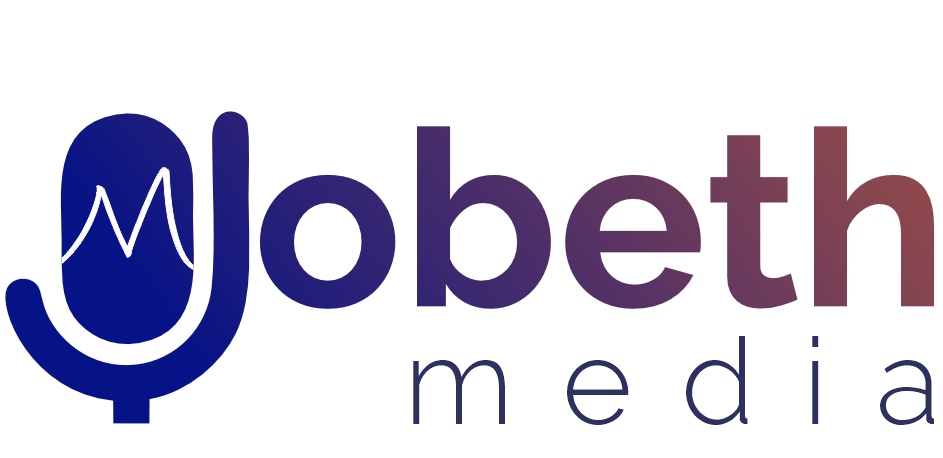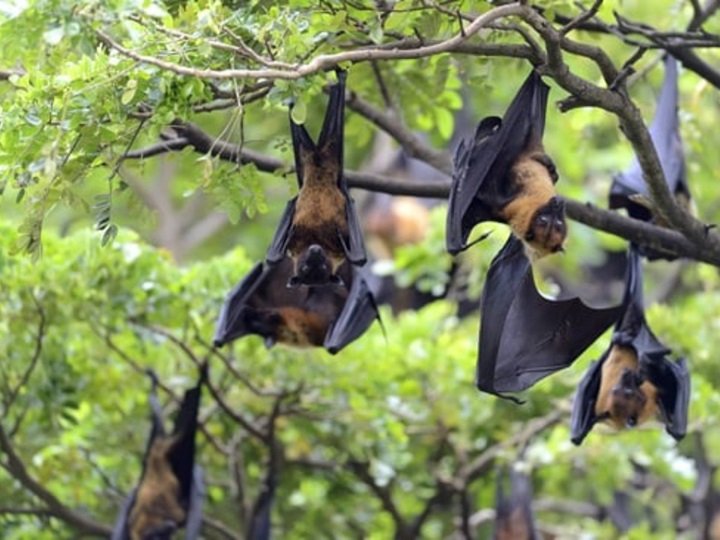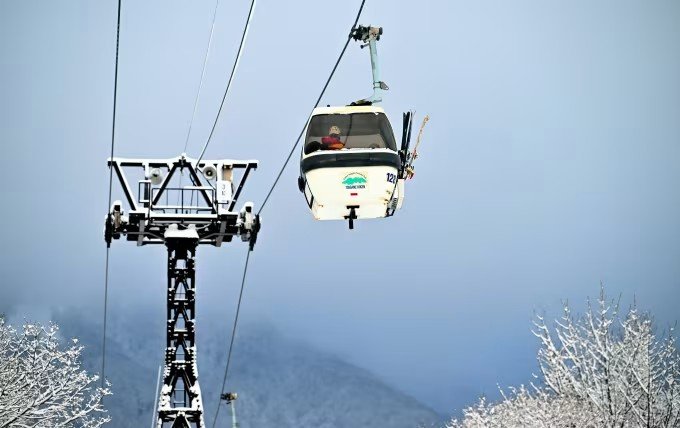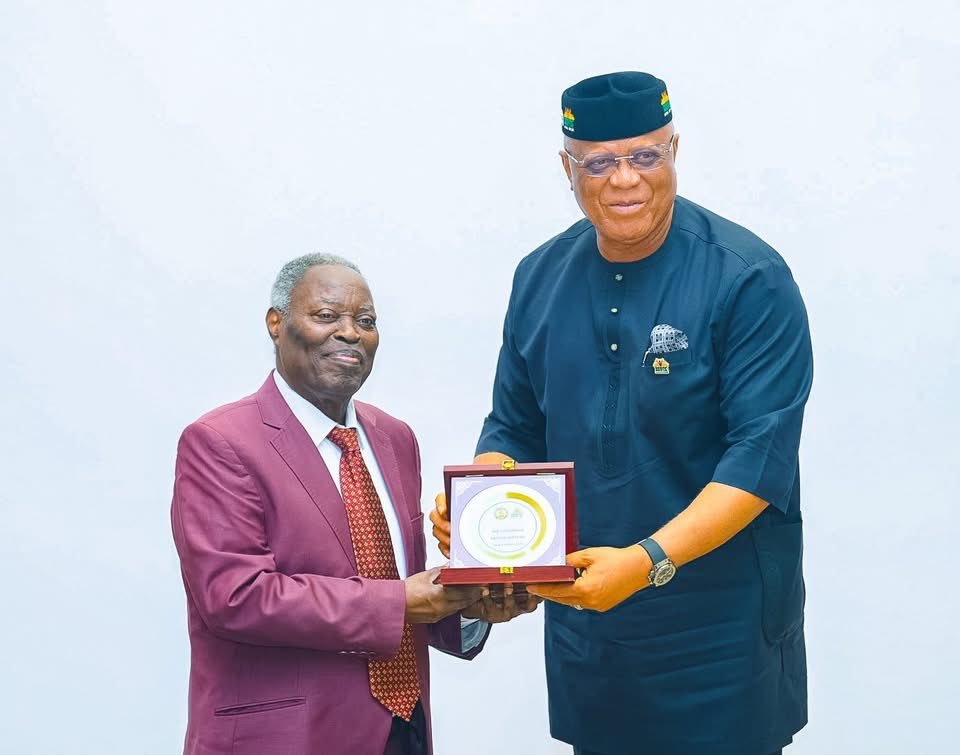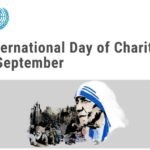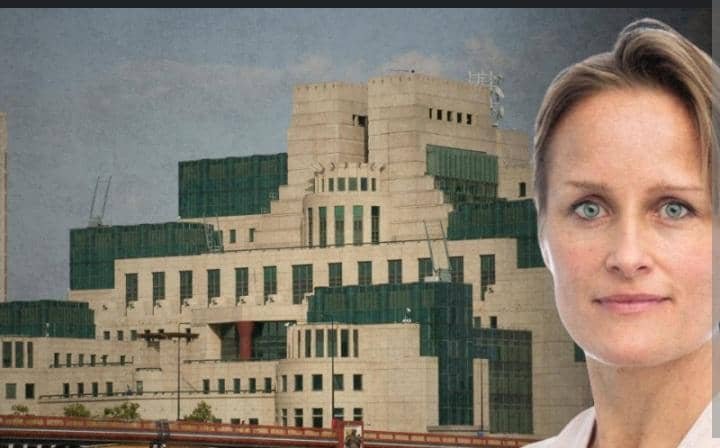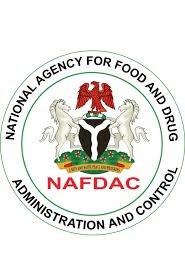FAKE BOOKS, REAL CRIMES: NCC DECLARES WAR ON PIRACY IN ONDO
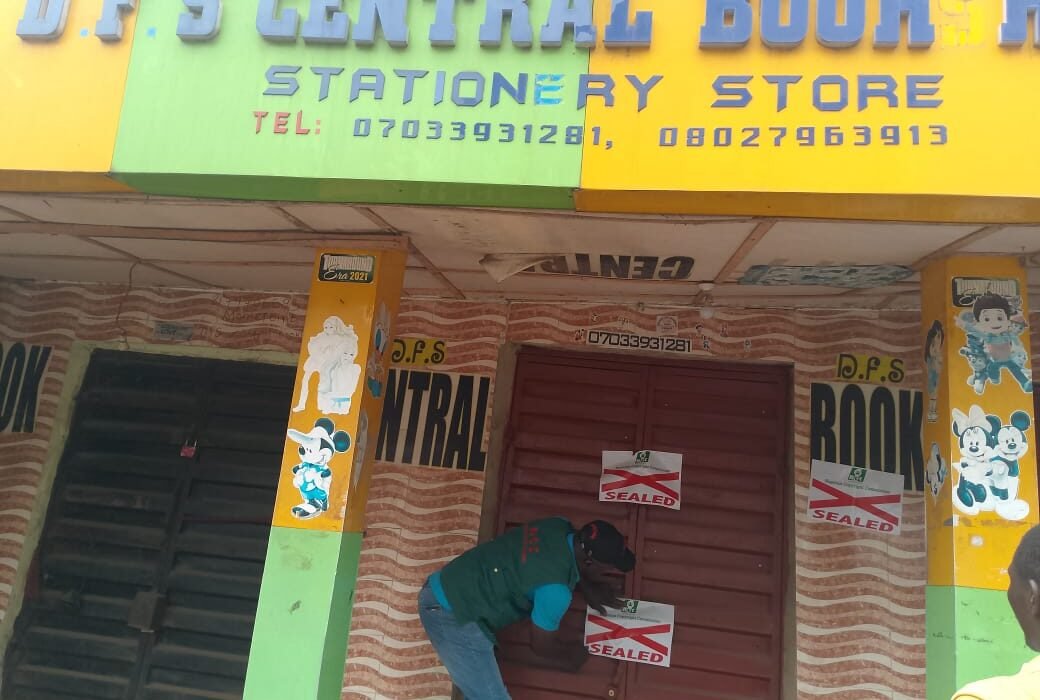
In a renewed push to protect intellectual property and safeguard the nation’s education system, the Nigerian Copyright Commission (NCC) has issued a stern warning to book vendors and book shop owners involved in the sale of pirated books, describing the act as one that undermines creativity and hampers national development.
The warning came during a targeted anti-piracy operation conducted in Moferere Market, Ondo Town, on Tuesday, led by Head of Operations at the NCC, Mr Oluwafemi Ajala.

The sweep aimed to clamp down on illegal book distribution and raise awareness among sellers about the far-reaching consequences of piracy.
“This operation is not a random move,” Mr Ajala said. “before coming to these shops, we’ve done what’s called surveillance, I have been here to buy books, and the books sold to me were pirated,” he pointed out.
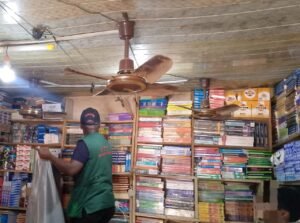
Mr Ajala, a copyright enforcer with over three decades of experience, urged booksellers to become allies in a broader mission to preserve the dignity of intellectual labor in Nigeria.
“We’re calling on these book sellers not to sell, distribute, or be in possession of pirated books,” he said.
Among the shops affected in the clampdown were Ejisco, Omega, and Great Mandela Bookshop, with NCC noting that all seized books will be reviewed with the help of publishers, who’ll be invited to identify their original works.
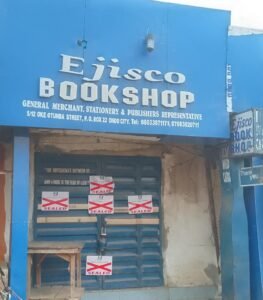
Mr Ajala revealed how piracy is increasingly being linked to organised crime. “The money from piracy doesn’t just disappear,” he explained. “We’ve found that it often fuels more dangerous activities, from money laundering to the sponsorship of kidnapping, drug trafficking, and armed banditry. Piracy is not a one bustop thing. It’s a tentacle of crime that must be nipped in the bud,” he stated.
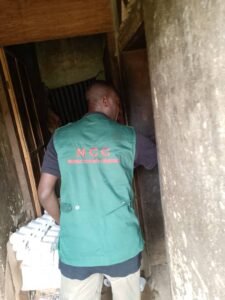
In a nation rich with literary talent and academic potential, the NCC believes this crackdown could spark a necessary change. “When piracy thrives, creativity dies,” Ajala noted, stressed how writers lose motivation, publishers lose income, and the quality of education suffers.
Piracy is seen as the unauthorized use, reproduction, or distribution of copyrighted material— is a form of intellectual property theft. It deprives creators of their rightful earnings and disrupts legitimate markets.
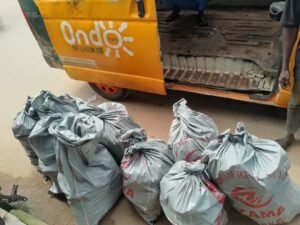 In Nigeria, the offense is punishable under the Copyright Act, with penalties ranging from fines to imprisonment. As the NCC continues its nationwide campaign, they are urging all stakeholders— from school administrators to parents, students, and sellers, to join in protecting the integrity of Nigeria’s education system, as this is more than books.
In Nigeria, the offense is punishable under the Copyright Act, with penalties ranging from fines to imprisonment. As the NCC continues its nationwide campaign, they are urging all stakeholders— from school administrators to parents, students, and sellers, to join in protecting the integrity of Nigeria’s education system, as this is more than books.
It’s about the kind of society we want to build, one that honours hard work, respects ownership, and uplifts the power of knowledge.
Watch the insightfull highlights here:

